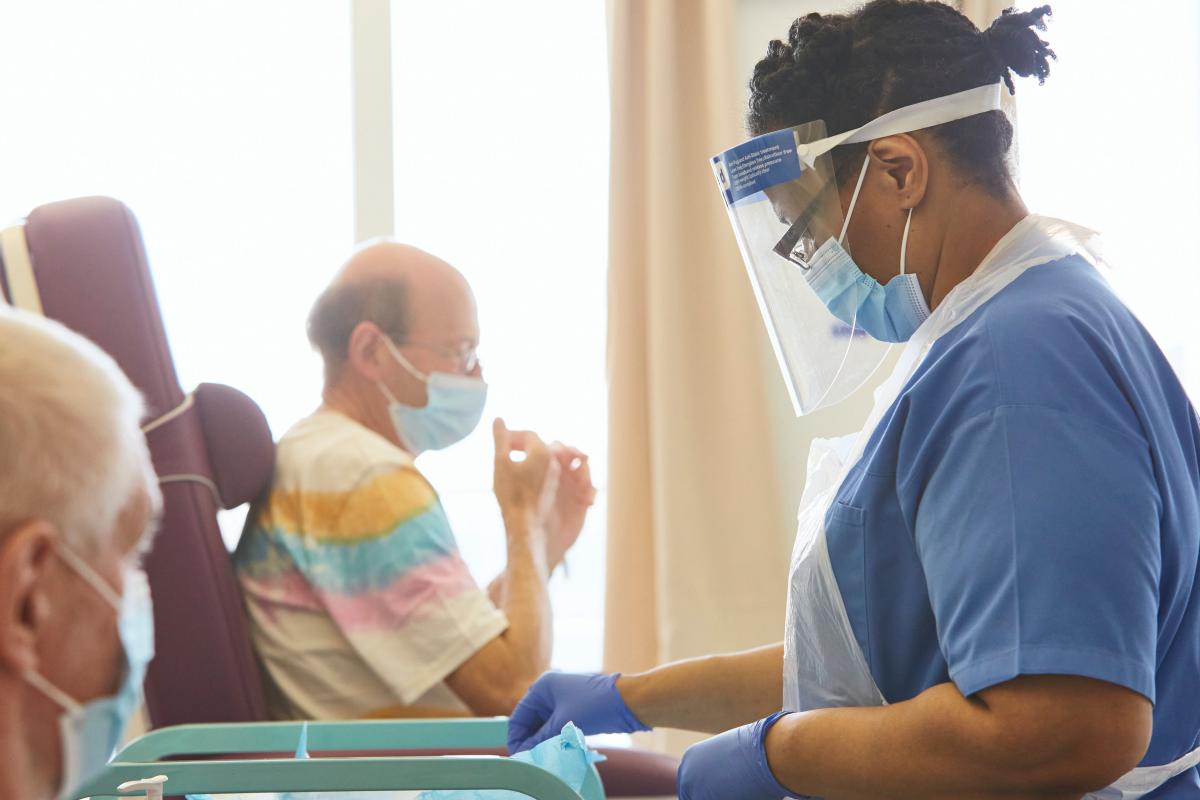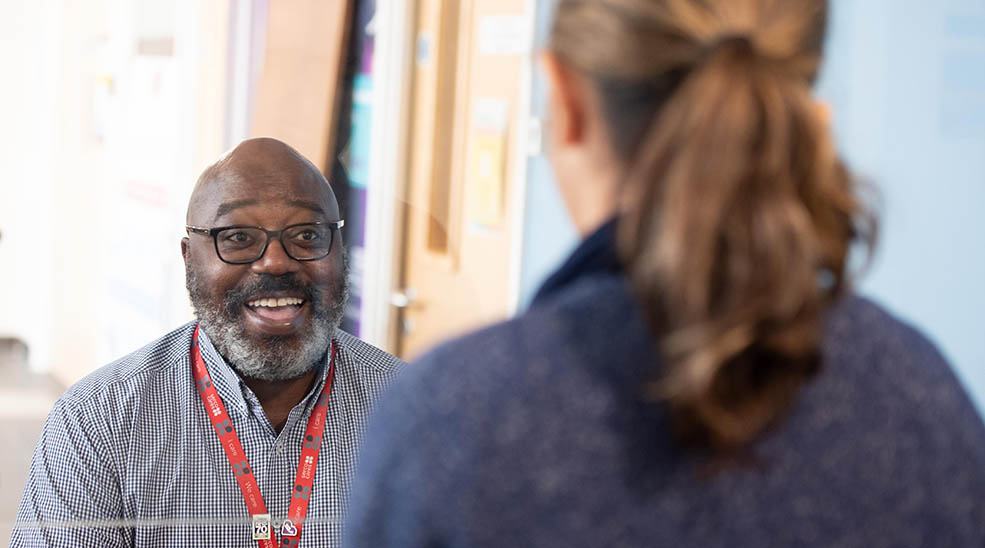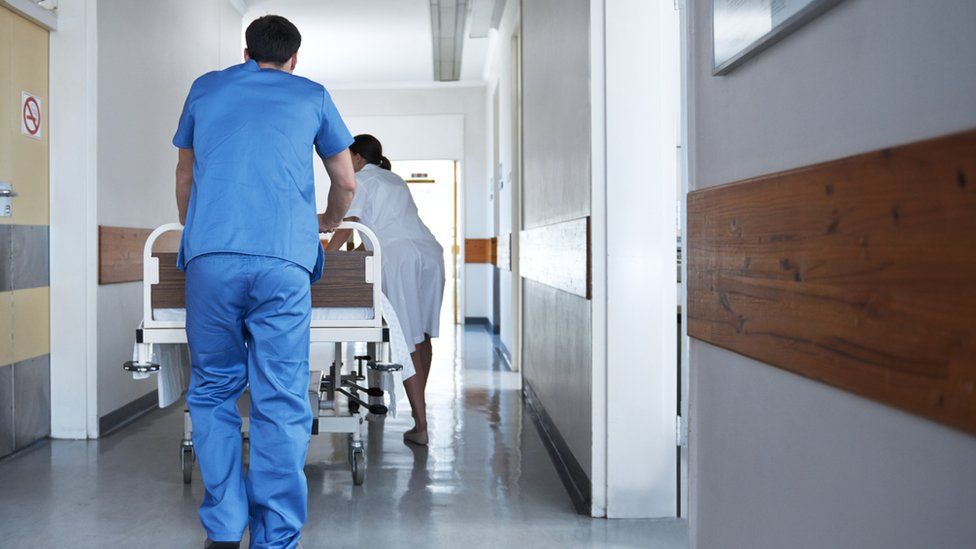Cancer care and treatment


We provide the best possible care
To give you the greatest chance of survival
As a cancer patient, you may receive treatment at any of our east London hospitals.
Wherever your appointment takes place, we will work with you to ensure that your journey with us is as smooth as possible.
Throughout your treatment, you will be supported by a key worker or clinical nurse specialist (CNS). You will meet range of specialists who work together to coordinate your care.
We will make sure you understand the treatment options available to you and involve you in decisions about your care.
You may also have the opportunity to take part in our extensive research programme.
Cancers we treat

We offer personalised care
For a range of cancers
- Bile duct cancer
- Bladder cancer
- Brain cancer
- Breast cancer in women and in men
- Cancer of unknown primary
- Colorectal/bowel cancer
- Genito urological cancers
- Gynaecological cancers
- Head and neck cancer
- Hodgkin lymphoma and Non-Hodgkin lymphoma
- Kidney cancer
- Leukaemia
- Liver cancer
- Lung cancer
- Melanoma
- Mesothelioma
- Myeloma
- Oesphagus cancer
- Pancreatic cancer
- Prostate cancer
- Skin cancer
- Small bowel cancer
- UGI stomach cancer
- Testicular cancer
- Thyroid cancer
Treatments

We offer a range of treatment options
Using the latest technology
- Brachytherapy
- CAR-T therapy
- Chemotherapy
- Hyperthermic intraperitoneal chemotherapy
- Immunotherapy
- Targeted therapy
- Radiotherapy
- Surgery
- Stem cell and bone marrow transplants




